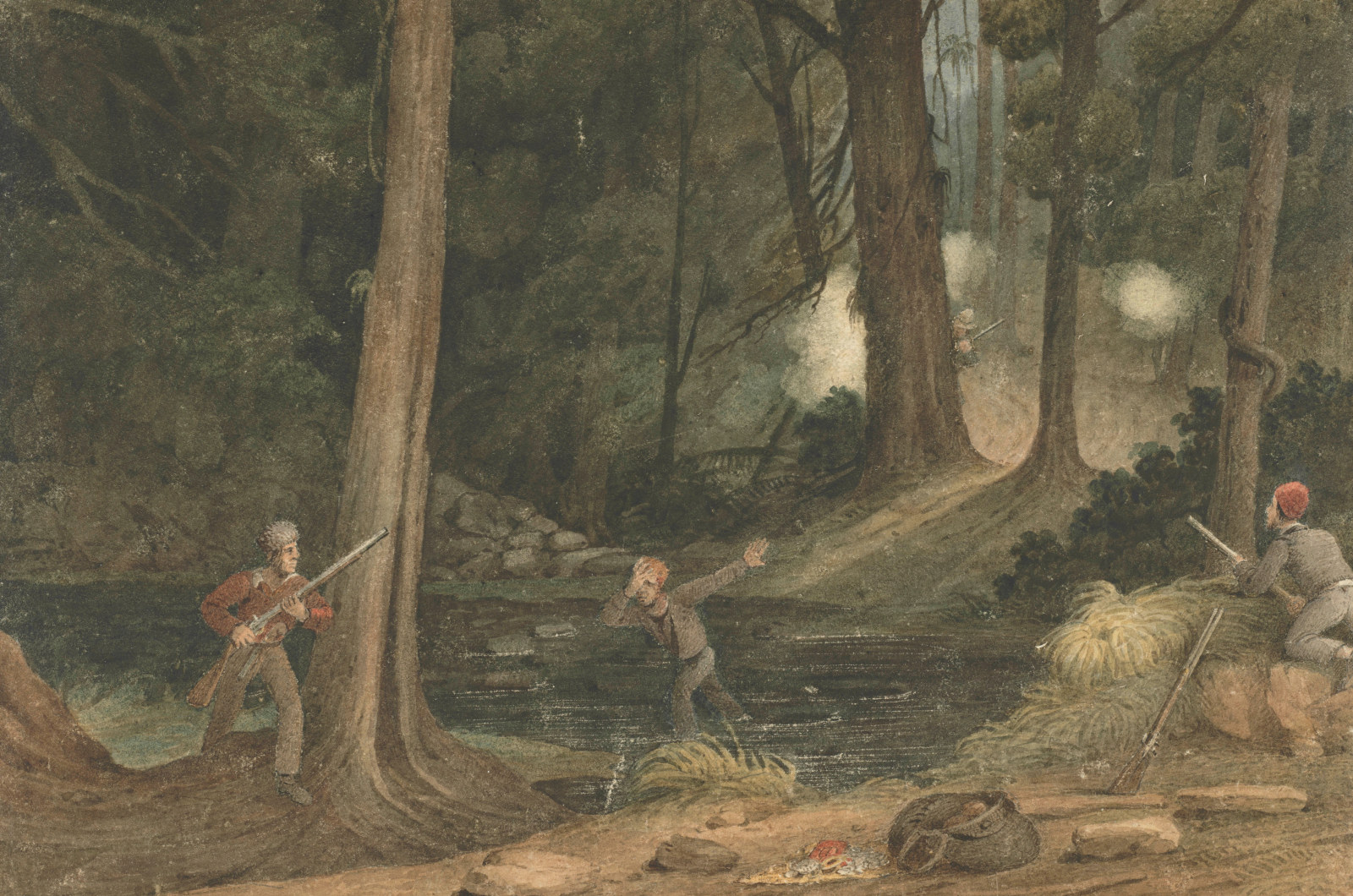Molesworth report
In 1837, the British Government set up an inquiry, known as a select committee, to investigate transportation and secondary punishment in New South Wales and Van Diemen’s Land (Tasmania). It was chaired by William Molesworth and carried out in response to a wide range of criticisms and concerns voiced in both the colony and in Britain. During its investigations the committee gathered evidence that allegedly demonstrated the moral corruption of convict transportation and the enslaved condition of convicts. It concluded that transportation was generally a failure and akin to slavery.
Molesworth found that the assignment system had become dysfunctional and open to abuse. According to his research, the assignment of convicts to private masters produced unequal treatment which had nothing to do with the nature of the offender’s crimes. Even worse, in his opinion, the convict system encouraged prostitution, deviance, moral depravity, the creation of a criminal class, and a breakdown in law and order. The report, along with widespread protests led by organisations such as the Australasian Anti-Transportation League, saw transportation to New South Wales abolished in 1840.
Transportation to Van Diemen’s Land (Tasmania) continued until 1852, and to Western Australia until 1868.

Convict Sydney
A world of pain
The combined aims of the assignment system, from 1826 onwards, were to equip farmers with cheap convict labour, to disperse convicts away from towns (and other convicts) and to keep an eye on each worker’s whereabouts and treatment
Published on